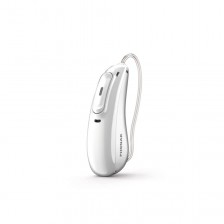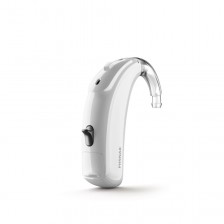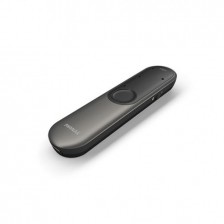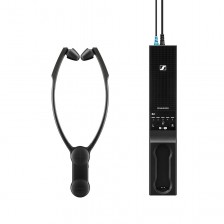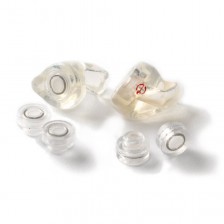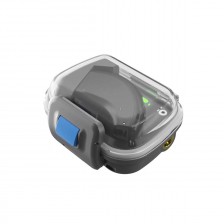What are Auditory Processing Disorders?


Often underestimated or misunderstood, these disorders can significantly impact the daily lives of those who experience them. But what exactly are APDs, and how can they be detected and treated?
Auditory Processing Disorders (APD) are conditions that affect how the brain processes auditory information. Although people with APD may have normal hearing, they experience difficulties in interpreting and understanding what they hear. This can manifest in various ways, such as:
Problems with Auditory Discrimination
One of the key areas affected by APD is the ability to discriminate sounds. People with APD may struggle to distinguish between similar sounds or to identify words in noisy environments. For example, they might have trouble understanding the differences between words like "cat" and "bat," or they may find it difficult to follow a conversation in a room full of background noise.
Difficulties with Auditory Memory
Auditory processing is also closely linked to auditory memory, which is the ability to retain and recall information that has been heard. People with APD may struggle to remember long verbal instructions or to reproduce sequences of sounds in the correct order. These difficulties can affect their performance in everyday tasks, such as following a teacher's directions in the classroom or recalling instructions given by a supervisor at work.
Noise Sensitivity and Selective Hearing Problems
People with APD may be sensitive to noise and have difficulty filtering out relevant auditory information from background sounds. This can lead to problems with attention and concentration, especially in noisy or chaotic environments. For example, they may find it hard to focus on a conversation when other conversations are happening around them simultaneously.
Delays in Language Development and Learning Difficulties
APDs can also manifest as delays in language development and academic difficulties. Children with APD may struggle to acquire basic language skills, such as vocabulary and grammar, and they might experience challenges in areas like reading, writing, and math. These challenges can persist into adulthood, affecting academic and professional performance.
Behavioral Changes and Social Interaction Challenges
In the long term, these disorders can influence behavior and social interaction. People with APD may avoid social situations or feel uncomfortable in noisy or overwhelming environments. They may also experience frustration, anxiety, or low self-esteem as a result of their difficulties in effectively communicating with others.
Detecting APD can be challenging, as symptoms may be confused with other learning disorders or even simply interpreted as a lack of attention.
Detection of Auditory Processing Disorders
The evaluation of APD typically involves a variety of tests designed to assess an individual's ability to process and understand spoken language. These tests may include auditory discrimination tests both in silence and in noisy environments, verbal memory tests, among others. An accurate diagnosis is crucial for identifying the condition and developing an appropriate treatment plan.

How are they treated?
If APD is detected and diagnosed, there are various treatment strategies that can help mitigate the challenges associated with the disorder. These include auditory therapy, which focuses on improving the individual's ability to process and understand spoken language, as well as compensation strategies to help the individual adapt to their difficulties. Additionally, it is essential to provide emotional and educational support to help the individual develop skills to face the challenges associated with APD. There are also devices that enhance voice and filter noise to help capture and understand speech more clearly and accurately.
